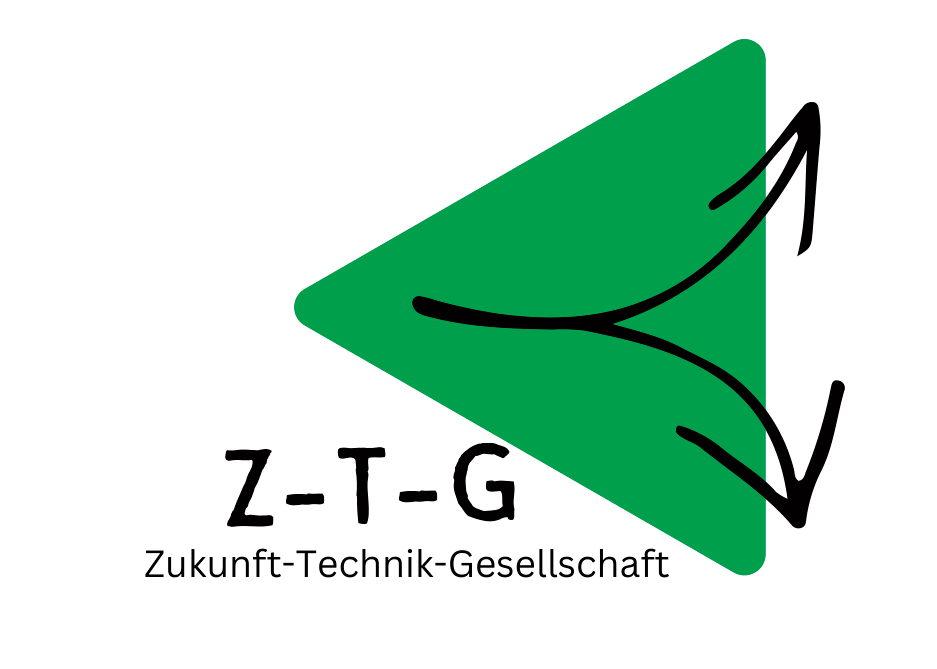Hydrogen and Styria: Regional Pathways in the Context of International Technology Development (Z-T-G 002)
Although the vision of a hydrogen economy has been researched and discussed for several decades, expectations regarding the use of hydrogen-based technologies have increased significantly in the context of international efforts to limit man-made global climate change. The International Energy Agency (IEA), for example, speaks of an "unprecedented growth dynamic" in the field of hydrogen technologies, and multi-national companies, such as Toyota, Bosch and Siemens, see hydrogen as the growth driver of the coming decades. In addition, more and more countries are adopting national hydrogen strategies outlining targeted expansion paths.
Against this background, this project investigates the opportunities for the Styrian region with regard to the increased use of hydrogen (and the associated R&D&I activities). As in basically all processes of socio-technical change, different logics - and thus different visions of the future - come together in the use of hydrogen. The aim of this project is to map them systematically and to confront them critically with considerations of feasibility. The central result is therefore the description and evaluation of potential future paths for the Styrian region as well as the comparison of these with current R&D&I activities and with developments in the larger context (Austria, EU, global). The results of this research project can subsequently be used as a basis for the continuous design of a Styrian future strategy in the field of hydrogen.
Specifically, the following questions will be addressed:
- What are the different priorities of the meanwhile 40 national hydrogen strategies worldwide?
- How can the interaction of international developments be described and its consequences - economic, social, ecological - be estimated?
- What synergies can be identified between potential future paths in the field of hydrogen and Styrian R&D&I activities? In view of the foreseeable international developments, what is needed for Styria to establish itself sustainably in the international arena?
To answer these questions, two research strands will initially be started in parallel and merged towards the end of the project. Research strand A focuses on international developments. Here, we first (i) perform a comparative analysis of all national hydrogen strategies adopted by the cut-off date of June 1, 2023. From this analysis, we obtain a typology of strategies, hydrogen visions and development paths. This typology, as well as other results of this analysis, will (ii) be made available to a group of international stakeholders, who will be asked to write narrative scenarios on the global hydrogen situation in 2040 based on this typology and their own expertise. Through these narrative scenarios, we will obtain estimates of the interaction of national strategies, market shifts, and other geopolitical and knowledge economy dynamics. In a (iii) Delphi process following the scenario generation, these scenarios are interactively evaluated, synthesized and reduced to a targeted number of three scenarios, which are then analyzed in the further course as possible international developments with regard to their significance for Styria as a business location.
Research strand B, on the other hand, focuses on Styria. Starting from a (i) Styrian stakeholder analysis, a (ii) Participatory Systems Mapping is conducted. In this approach, the voluntarily participating stakeholders are invited to visually depict their mental image of the Styrian innovation system hydrogen in the form of a mapping, also addressing the interdependencies.
The final project phase serves to merge the two research strands with the aim of determining the current location of the Styrian hydrogen innovation system in an international context and, in view of the coming developments, to work out and strategically evaluate possible development paths.
Project team
TU Graz, Institute of Human-Centred Computation, STS--Science, Technology and Society Unit
- Christian Dayé (coordinator)
Mag. Dr. phil. - Peter Obersteiner
BA MSC - Christina Auer
BSc
Universität Graz, Department of Environmental Systems Sciences
- Michael Kriechbaum
MSc PhD
Universität Graz, Wegener Center for Climate and Global Change
- Karl Steininger
Univ.-Prof. Mag. Dr.rer.soc.oec. - Raphaela Maier
BSc MSc
HyCentA Research GmbH
- Franz Winkler
DI Dr. techn. - Martin Sagmeister
DI Dr. techn., BA
Funding agency
Amt der Steiermärkischen Landesregierung, Abteilung Wirtschaft, Tourismus, Wissenschaft und Forschung
Duration
Beginn: 01.07.2023
Ende: 30.12.2024
Christian Dayé, TU Graz
Michael Kriechbaum, Universität Graz
Martin Sagmeister, HyCentA


